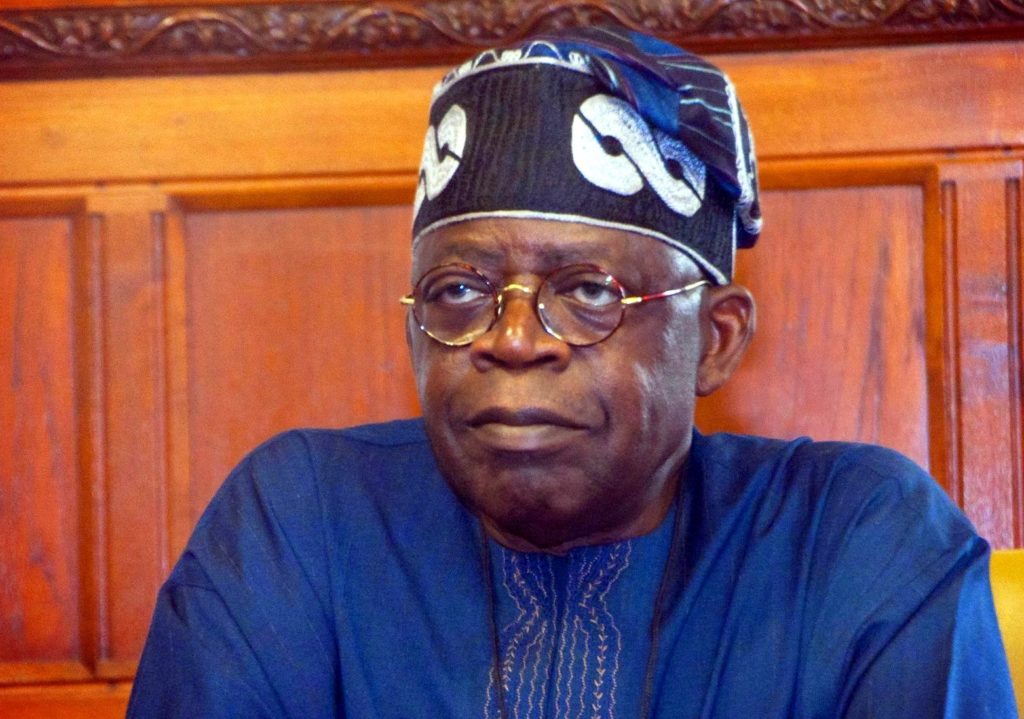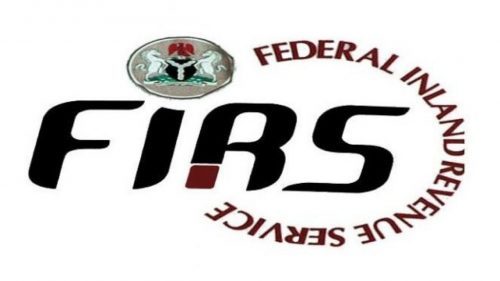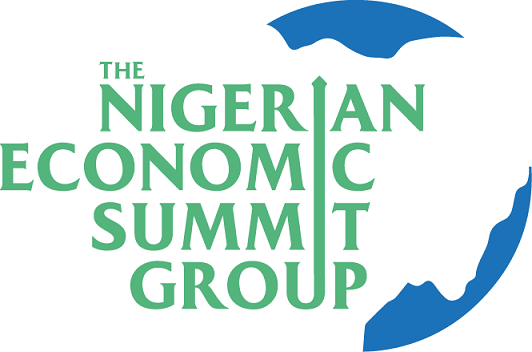
Stop Castigating Tinubu-Cleric
The National President, All Christian Leaders and Ministers forum, Rev. Sam Ogedengbe, has advised Nigerians to stop castigating the National Leader and Presidential aspirant of the All Progressives Congress (APC), Asiwaju Bola















